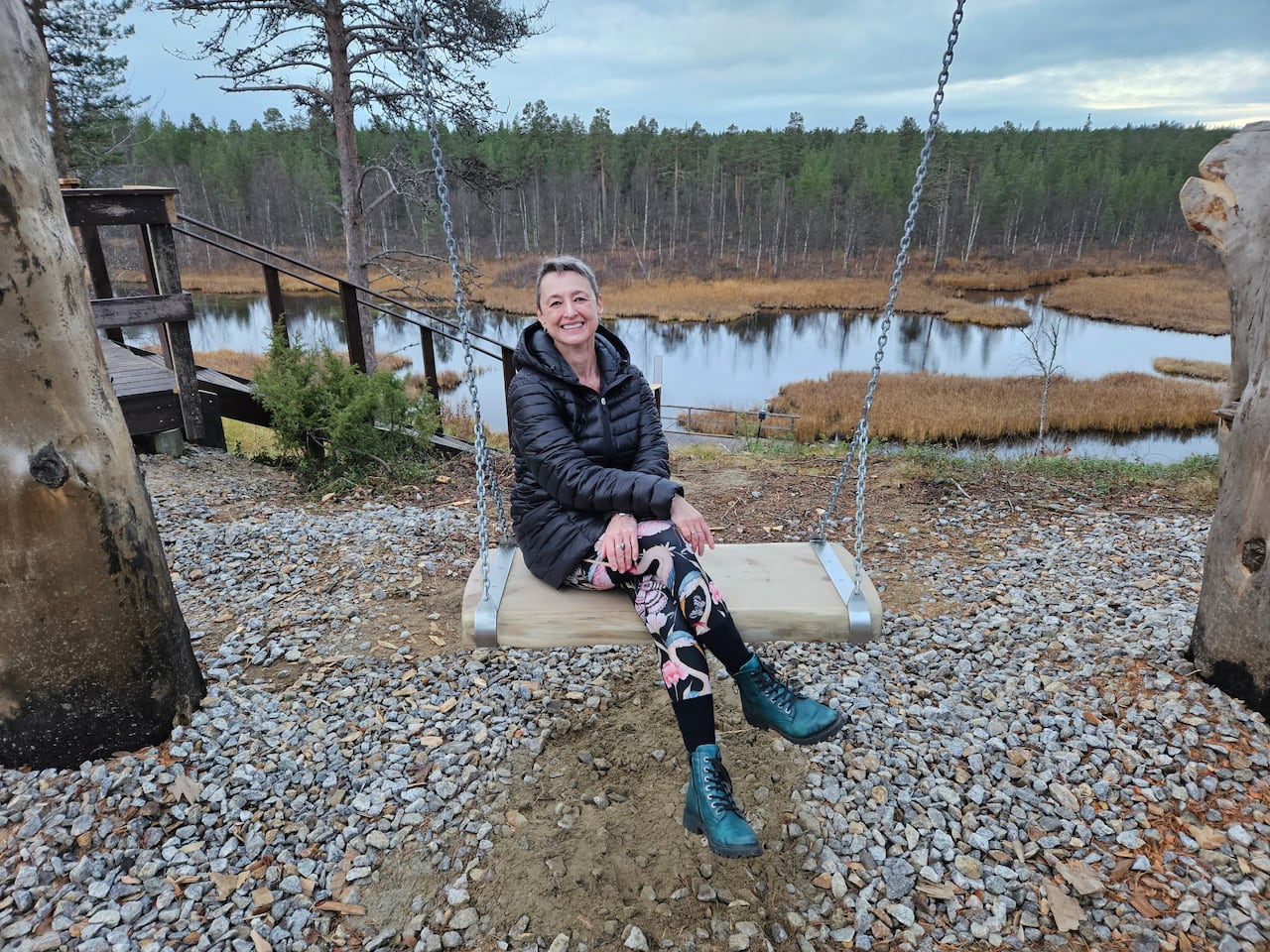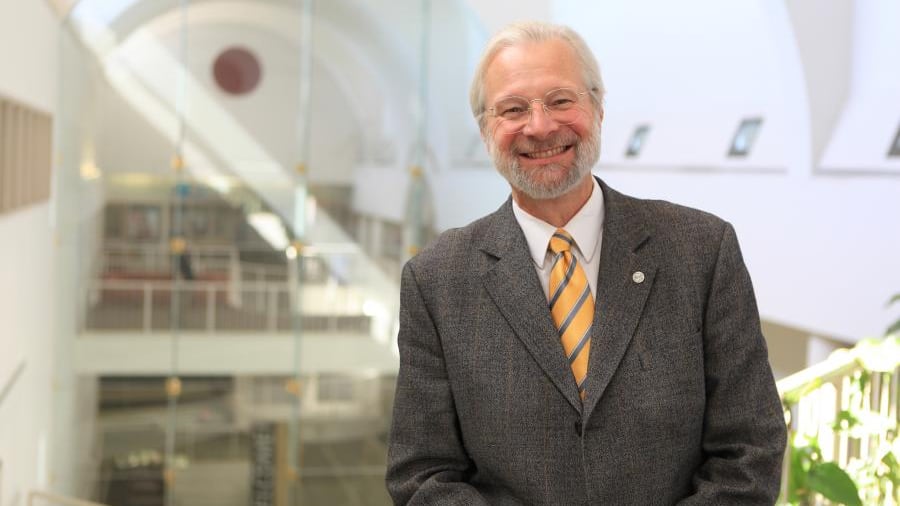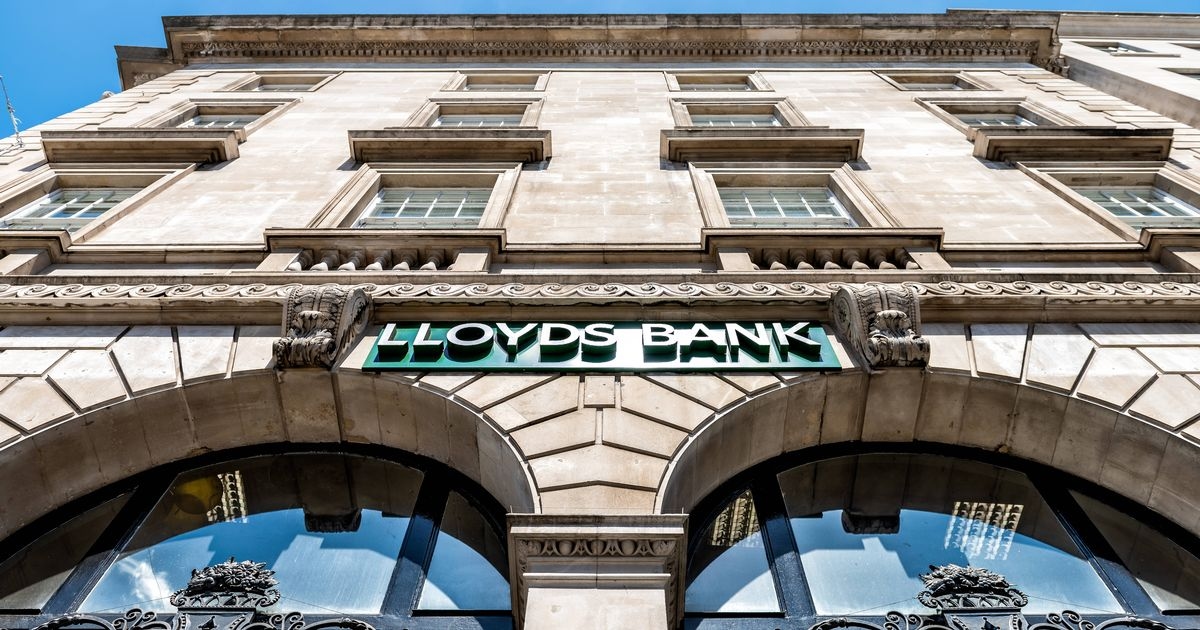Why some airline travellers are opting for a seat upgrade, despite the big price tag

When Jane Leckie got her second cancer diagnosis, she decided it was time for a splurge. So on her next trip, she sprung for business class.
“I very much appreciated the improved service quality,” the Torontonian told Cost of Living. “It was the best thing ever and it’s absolutely true what they say, that once you’ve tasted business, going back to economy is almost impossible.”
That trip to Iceland two years ago marked her first time ever sitting in business class. And Leckie says the elevated experience totally changed the way she looks at travel.
And it’s not just her. Experts say there is a trend of North Americans who are shelling out more to travel comfortably.
Air Canada reported that premium cabin revenues were up five per cent in the second quarter of 2025 compared to the same time last year.
In an emailed statement, a spokesperson from WestJet also told CBC that the airline has seen “double digit year-over-year revenue growth for their premium and business cabins,” though they declined to give specifics.
“I feel like a lot of passengers have started to realize that the premium economy is kind of the sweet spot,” said Barry Choi, personal finance and travel expert in Toronto.
“It’s a reasonable cost upgrade versus economy, but it’s not outrageous compared to some of the business class fares."
What’s driving the trendPremium tickets come at a premium price. According to Choi, a business class seat typically costs four to five times more than economy, while premium economy fares are often about double the price of a standard ticket, though those numbers can vary.
But Leckie says she isn’t surprised by the push for premium, given that airlines these days have made the economy ticket experience “so undesirable”.
“My greatest fear when travelling economy was that I’d be forced to check my carry-on and I would either miss a connecting flight or my luggage would end up in a different continent,” said Leckie.
“So the added cost of travelling business just gives me a greater level of confidence ... and a greater [level] of comfort and enjoyment.”
Especially when considering a seat in economy isn’t what it used to be.
In an effort to maximize revenue, airlines have been squeezing more seats on their planes and charging for perks such as more legroom and a cup of coffee, says professor Barry Prentice, director of the Transport Institute at the University of Manitoba.
Soon, some ultra cheap seats on WestJet won’t even recline. In 2024, Air Canada cut carry-on baggage from some of its flights.
“They have made it undesirable to sit among hundreds of people who seem to have crammed every last item in their belongings into a carry-on,” said Leckie.

Choi say the trend to spring for a more cushy way of travel is also being fueled by some good ol’ fashioned peer pressure.
“I think there's a little bit of FOMO and social media at play here,” said Choi.
“You definitely see people flying business class or premium and you want part of that too, and I certainly don’t blame you.”
How airlines lure passengers inAirlines make more money on business class seats, says Prentice. He says for airlines, an empty seat is money down the drain, so they’re always looking for ways to maximize revenue.
“If you can convince somebody who perhaps booked a cheap fare to upsell to that higher quality seat, well now you’ve got another seat that’s available for somebody else that may not go first class but they would take that seat in the economy side,” said Prentice.
That’s why airlines have been trying to entice people to upgrade with incentives by gamifying their booking experience. Air carriers such as WestJet offer customers the ability to bid on their seat a few days before their flight or join a real time auction hours before takeoff for a shot at sitting up at the front.
“And they win that bid and they realize that, ‘Hey, I got a good value out of making this bid, it might be worthwhile to bid again,'” said Choi. “So I do think it does hook people.”

Montreal travel agent Katherine Velan says she’s also noticed more leisure travellers upgrading from economy to premium economy lately.
Speaking to Radio Noon Quebec, Velan said she thinks much of the push is being driven by dynamic pricing, a strategy where airlines adjust ticket prices in real-time based on factors like demand and time of booking in order to maximize revenue.
“With dynamic pricing now, I have actually found a couple of times where premium economy was cheaper than economy,” said Velan.
Not looking backChoi expects that going forward, a certain group of spenders will continue to spend more on travel, when choosing how to spend their disposable income.
"I do feel like a lot of people are trying to save more for travel because they value experiences more than things,” said Choi.
"So given the choice, [when] they're buying a new outfit or going out to eat or saving that money and using it for premium travel, I think it's an easy decision depending on the type of person you are."

As for Leckie, having now tasted the champagne of air travel, she says she will be staying put on the premium side of the curtain.
After surviving brain cancer at 19 and decades later, a battle with early stage breast cancer, she says she now embraces life’s finer things because she knows how precious they are.
“The cancer journey has reminded me of the importance of time and making the most of time,” says Leckie.
“And really there is no time like the present because tomorrow is not guaranteed.”
cbc.ca





